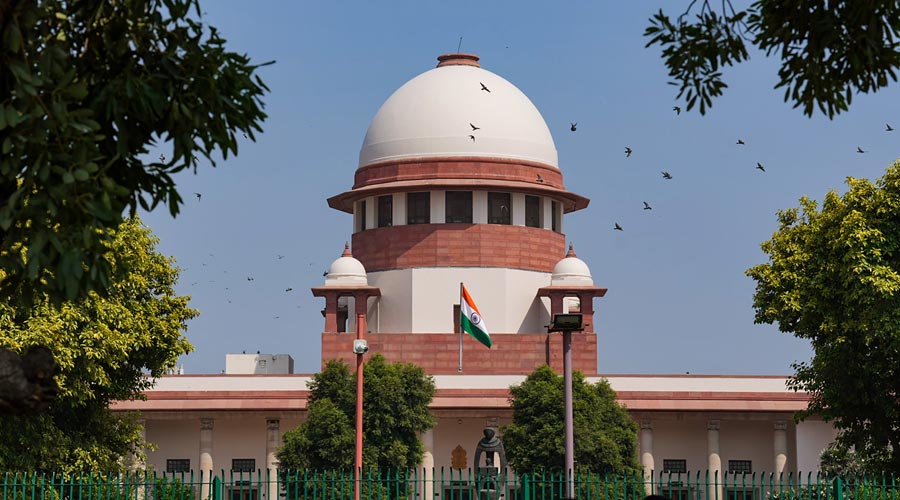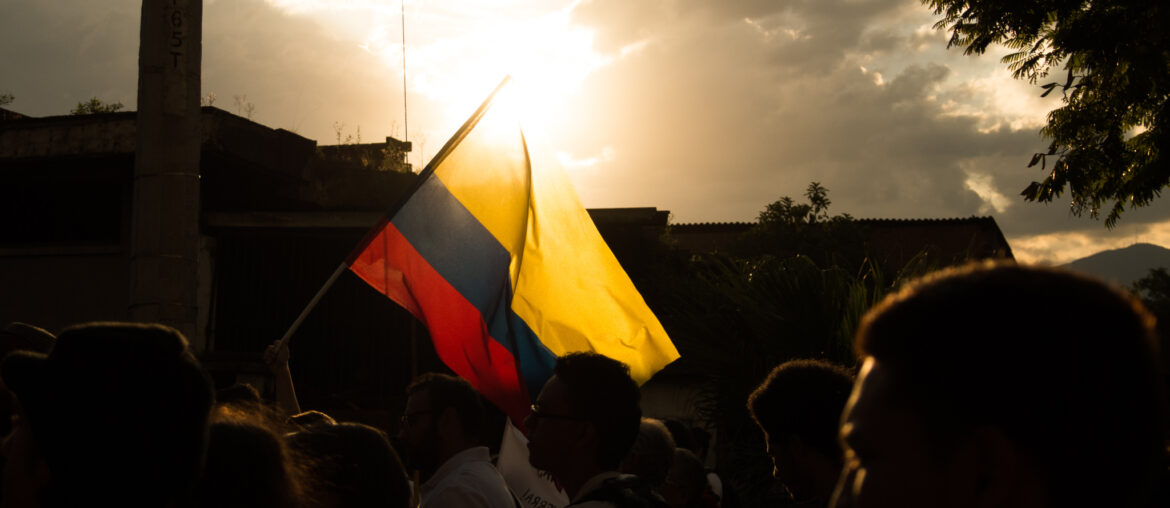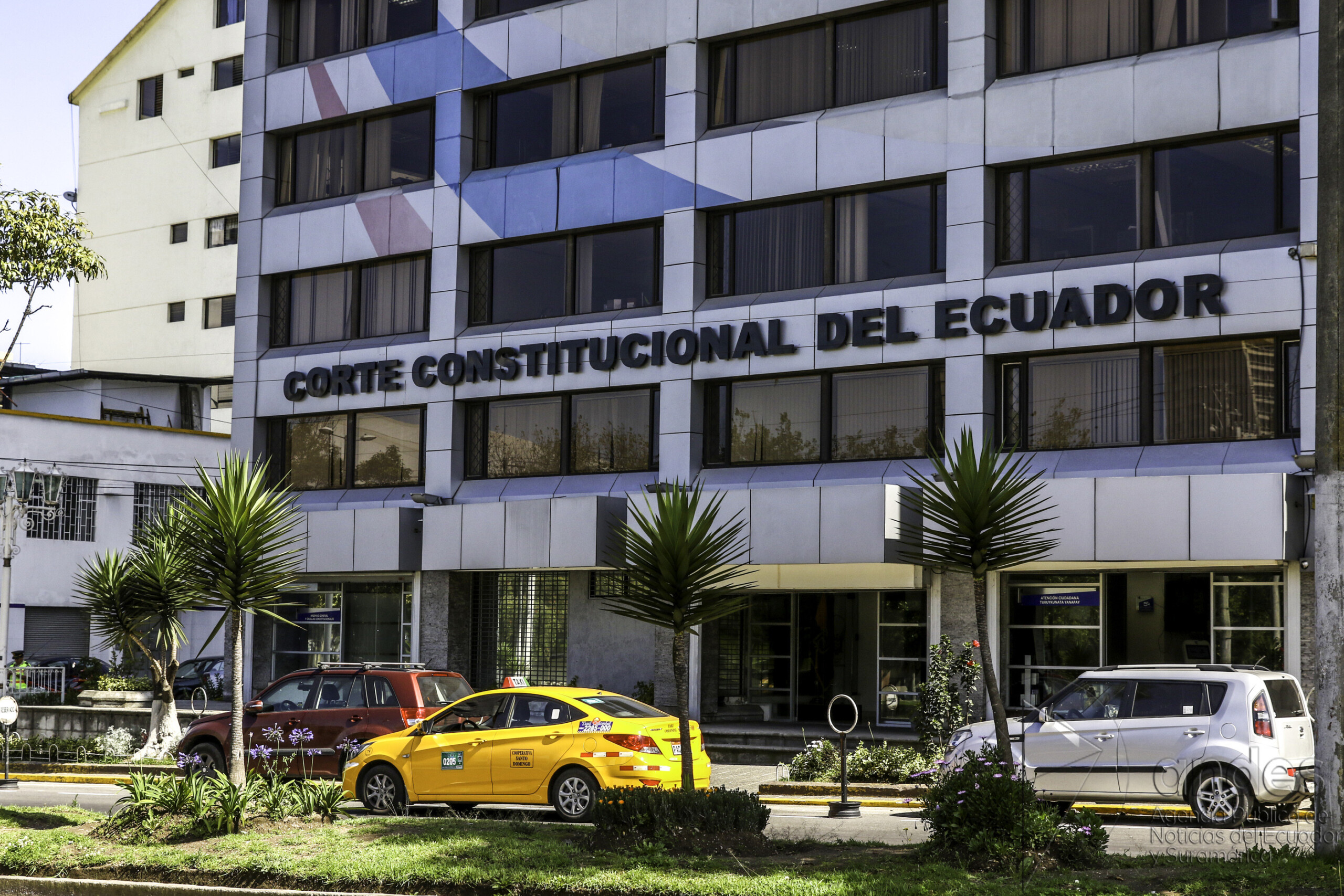Summary
This case concerns the violation of incarcerated persons’ fundamental right under Article 21 of the Constitution. The incarcerated persons were never afforded any legal aid when they appeared before judicial magistrates, and most of the petitioners were kept incarcerated. The State argued that the petitioners did not request legal aid. The petitioners also affirmed they were blinded by the police and the matter had not been investigated and redressed.
The Supreme Court held that the State has a constitutional obligation to provide free legal aid to an accused person who may be imprisoned if he or she is indigent and unable to otherwise secure legal services. Article 21 of the Constitution guarantees legal aid to an accused person at all times in court and the aid should be provided without the accused’s request. A State may not cite paucity of funds or administrative inability as an excuse for not providing such services. Legal services has been an “essential ingredient of reasonable, fair and just procedure for a person accused of an offence and it must be held implicit in the guarantee of Article 21 and the State is under a constitutional mandate to provide a lawyer to an accused person if the circumstances of the case and the needs of justice so require . . .”
Further, the Supreme Court held that the police have a constitutional and legal duty under Article 22 of the Constitution to produce an arrested person before a judicial magistrate within 24 hours of the arrest. Magistrates need to be vigilant in enforcing this requirement so as to keep a check over policy activity.
The Court also sought further inquiries given several petitioners had complained that the police had blinded them, and expressed condemnation that the Chief Judicial Magistrate in the matter had not ordered an investigation.


